ODA Policies
Public Private Partnership
Public Private Partnership
In recent years, private sector investment has played an increasingly important role in the economic growth of developing countries. Various businesses of the Japanese companies are making a significant contribution to the economic and social development of developing countries through job creation, human resource development, and the enhancement of technological capabilities. In particular, the excellent products, technologies, and know-how of Japanese companies, including small and medium-sized enterprises (SMEs) and start-ups, are expected to contribute to solving problems in developing countries. The Government of Japan provides various assistance to Japanese businesses in developing countries with a view to promoting effective and strategic development cooperation.
Partnership Scheme
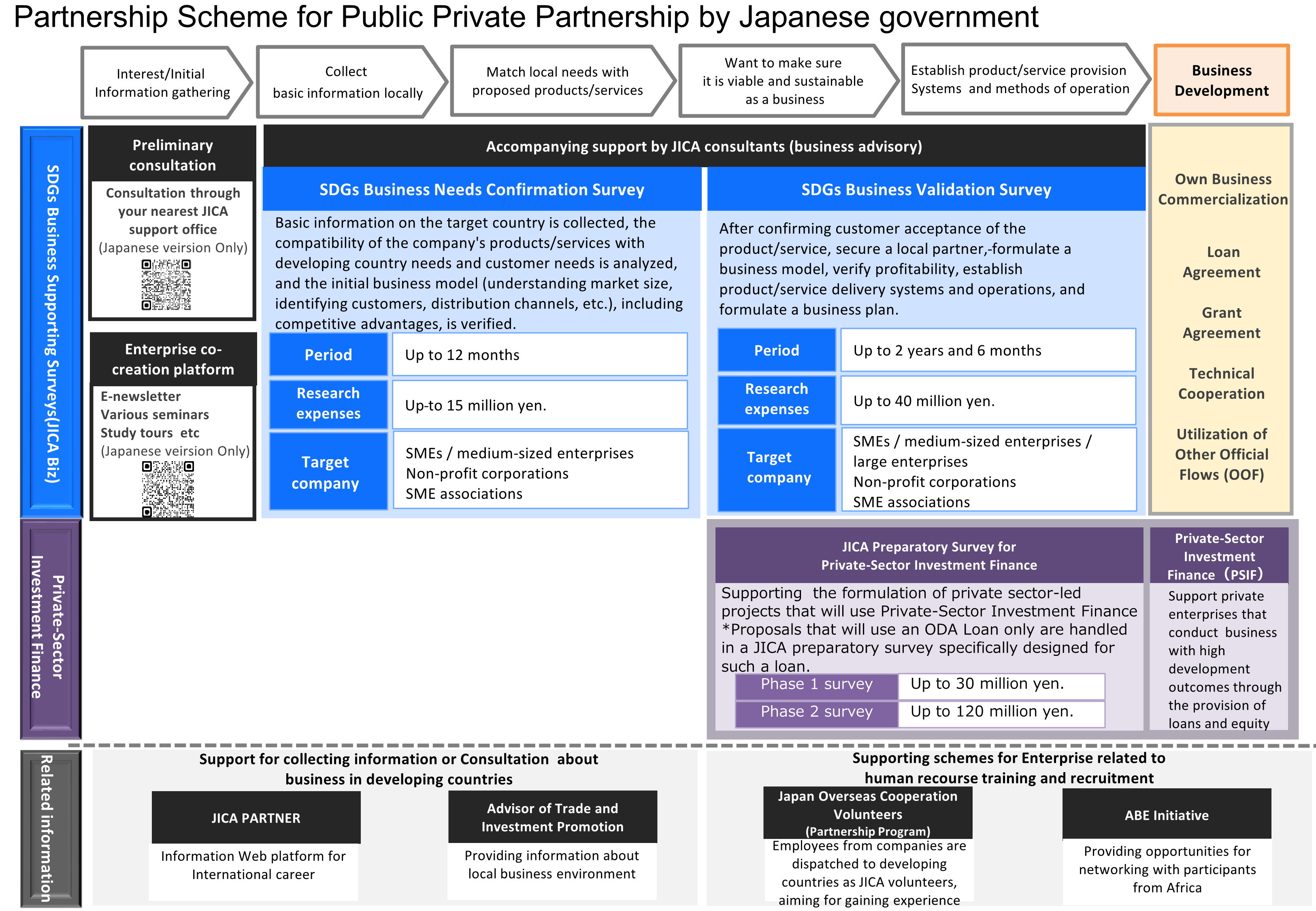
1. JICA SDGs Business Supporting Surveys
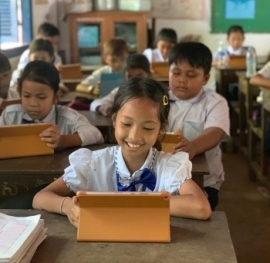 Photo by JICA
Photo by JICA
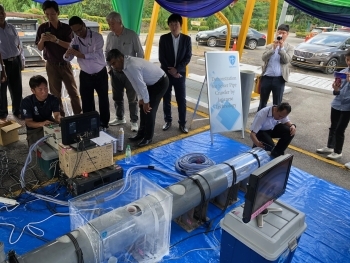 Photo by JICA
Photo by JICA
The Japanese private sector including SMEs possesses technological and human resources in various fields that may assist in fulfilling social needs and have a positive impact on the social welfare of partner countries. JICA SDGs Business Supporting Surveys is a program that aims to provide partner countries with high-quality, innovative technologies, knowledge, and ideas from Japanese companies to solve development issues through business.
The project has two categories for different purposes and business phases: SDGs Business Needs Confirmation Survey and SDGs Business Validation Survey. These Surveys are also expected to invigorate the Japanese economy and regions, through supporting the expansion of SMEs’ businesses abroad, within the aforementioned objectives.
For detail, please refer to:JICA SDGs Business Supporting Surverys (PDF)
2. JICA Preparatory Surveys for Private-Sector Investment Finance
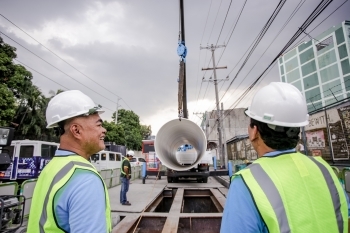 Photo by JICA
Photo by JICA
In recent years, there has been a growing global trend to improve a wide variety of infrastructures aiming at further enhancing effectiveness and efficiency not only in the construction phase, but also in post-construction operation and maintenance in emerging and developing countries. For such infrastructure projects, it is important for public and private sectors to collaborate and engage with each other from the initial stages of project formulation in order to appropriately divide roles between the public and private sectors. As such, JICA offers Preparatory Survey for Private-Sector Investment Finance (PSIF F/S) for the formulation of business plans by calling for proposals widely from private companies that are planning to participate in infrastructure projects aiming at utilizing PSIF (JICA Private Sector Investment Finance) or ODA loans as part of its “Preparatory Survey” of private sector proposal-based programs.
3. JICA Private-Sector Investment Finance (PSIF)
 Photo by JICA
Photo by JICA
PSIF refers to a type of ODA financing scheme implemented by JICA, and is provided to private companies carrying out projects in developing countries as investments and loans for its necessary funds. Although such projects create jobs and revitalize the economy of hosting countries, it entails various risks, and high return cannot often be expected. Thus, existing financial institutions are often reluctant to provide these companies with sufficient loans. PSIF provides investments and loans for projects that are considered highly effective from a development perspective, but may be difficult to be sufficiently funded by existing financial institutions only. PSIF assists in the following fields for funding: i. infrastructure development and accelerating growth, ii. SDGs (including poverty reduction, measures against climate change).
4. ODA Loans
 Photo by JICA Shinichi Kuno
Photo by JICA Shinichi Kuno
Japan develops quality infrastructure that leads to quality growth in developing countries and regions, in line with their economic and development strategies, and trains human resources to manage and operate this infrastructure. Japan’s strength lies in developing infrastructure that is truly contributory to “quality growth” in developing countries, which includes technology transfer and job creation.
ODA loans are sovereign-based lending with concessional conditions (similar to development finance provided by Multilateral Development Banks) to finance development projects.
5. Japan Overseas Cooperation Volunteers (Partnership Program)
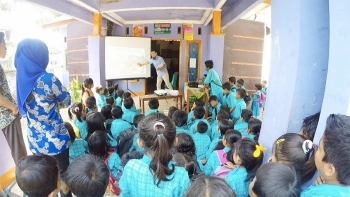 Photo by JICA
Photo by JICA
Japan Overseas Cooperation Volunteers (Partnership Program) is a program whereby organizations, including private companies, interested in dispatching volunteers overseas in cooperation with JICA, dispatch their personnel to developing countries as Japan Overseas Cooperation Volunteers based on an agreement with JICA.
6. ABE Initiative
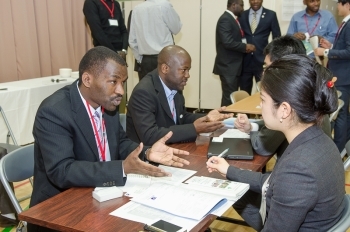 Photo by JICA
Photo by JICA
The ABE Initiative (“African Business Education Initiative for Youth”) started in the autumn of 2014 through the Government of Japan which offers a scholarship of up to three years. At the same time, the program offers the participants the opportunity to receive internship training at Japanese enterprises for the purpose of their learning not only state-of-the art technologies and advanced skills but also the corporate culture and work ethics of Japan.
For detail, please refer to: The ABE Initiative (PDF) 


